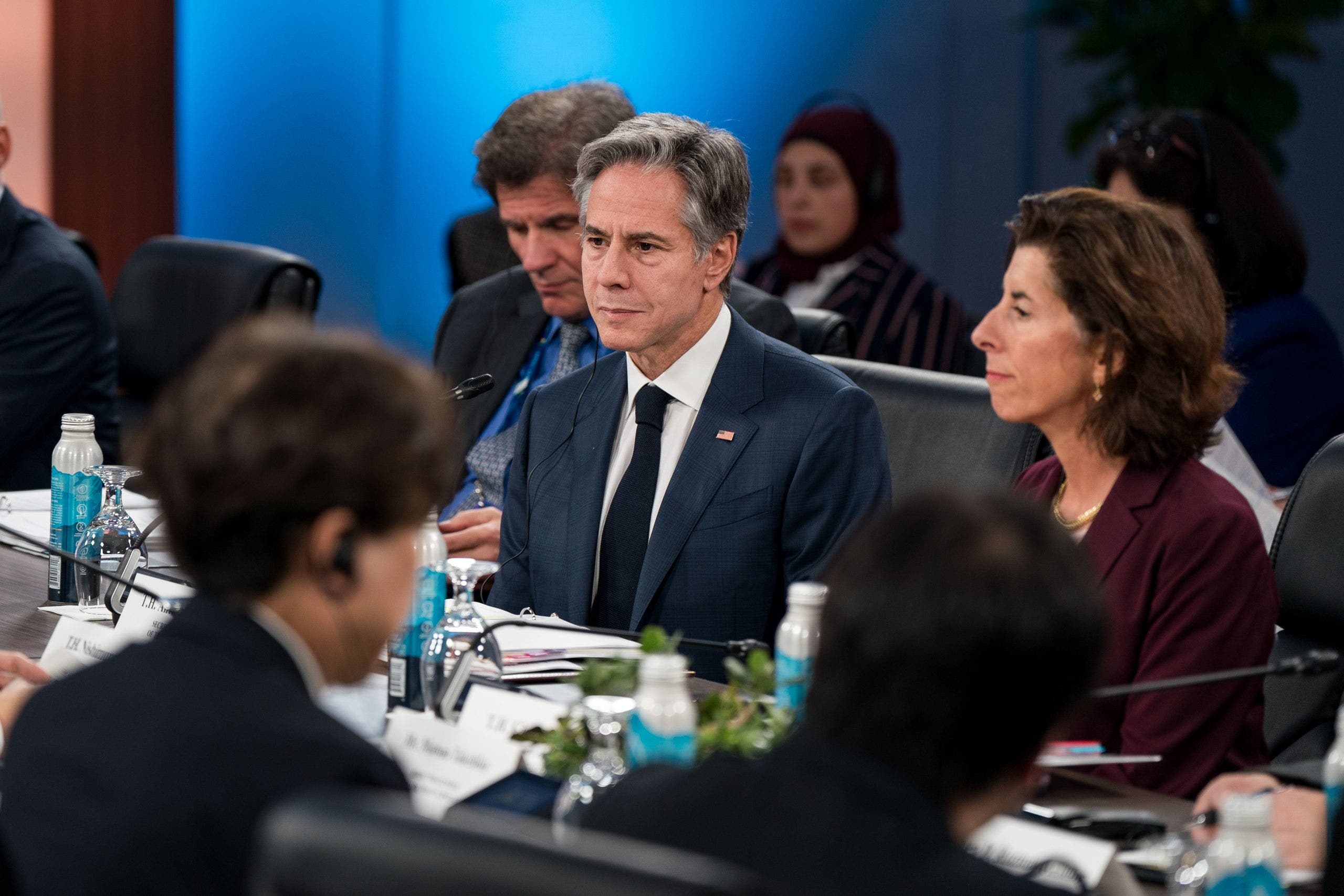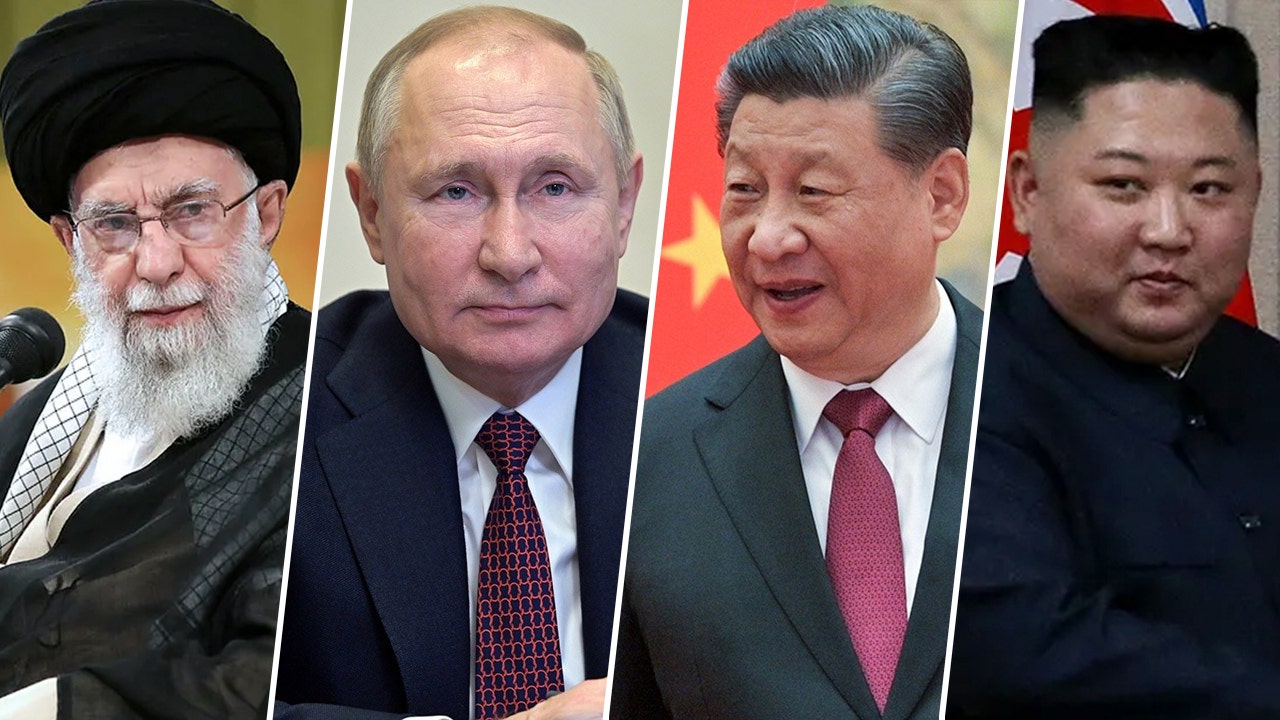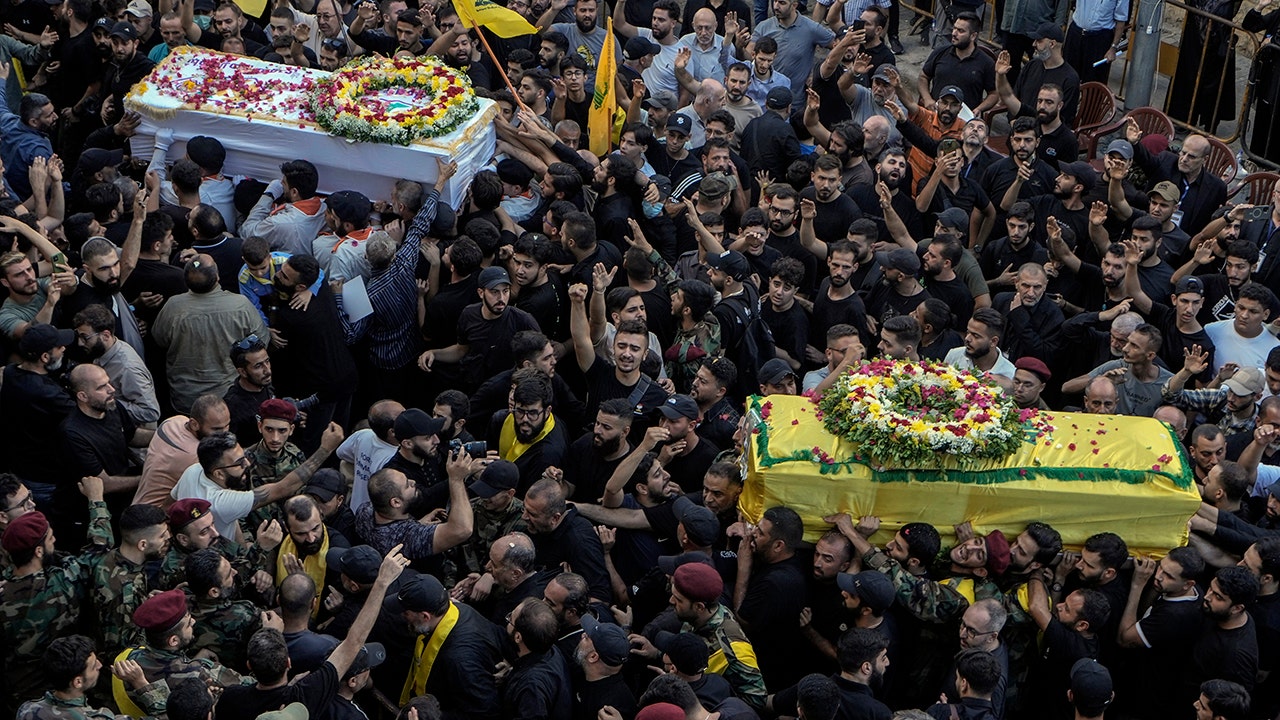Violence intensified in southwestern Colombia on Monday when a bomb blast injured six people in the city of Jamundi and an attack by insurgents on a police station in the rural town of Morales left at least two officers dead, according to police.
Colombia’s government attributed the attacks to the FARC-EMC a rebel group that broke off from the Revolutionary Armed Forces of Colombia and refused to sign a 2016 peace deal in which more than 14,000 rebels demobilized.
The group’s western faction walked away from a new round of peace talks with the government in April and has since staged a series of attacks on military and police, including a roadside bomb last Friday that killed an 11-year-old.
Elizabeth Dickinson, a Colombia analyst at the International Crisis Group, said Monday’s attacks show that the EMC’s western faction is trying to set itself apart by becoming “the only armed or criminal group in Colombia that is directly attacking the state.”
Soldiers patrol on the outskirts of Morales, Colombia, after an attack, Monday, May 20, 2024. According to police, two officers died in the attack by dissidents of the Revolutionary Armed Forces of Colombia (FARC) known as FARC-EMC. (AP Photo/Juan B Diaz)
Dickinson said the FARC-EMC’s western front, which is led by commander Ivan Mordisco, could end up splitting from EMC groups in eastern Colombia that are still involved in peace talks with the government.
“The split within the EMC is real and is likely to be permanent,” she said. “We are headed towards a situation of atomization and fragmentation in the conflict which has pretty dramatic implications for civilians.”
With around 5,000 fighters the EMC is the third-largest armed group in Colombia, behind the Gaitanista Self Defense Forces and the National Liberation Army.
Colombian President Gustavo Petro has tried to hold peace talks with Colombia’s remaining rebel groups since he was elected into office, under a strategy known as total peace.
The Petro administration has signed ceasefires with some of these groups and begun discussions on development programs and rural reforms.
Experts say the strategy has had mixed results.
While the ceasefires have reduced violence between the military and armed groups, crimes like kidnapping, extortion and the recruitment of children have increased as armed groups continue to strengthen their grip over rural communities and fight for the control of illegal businesses that were abandoned by the FARC after the peace deal. Rebel groups like the FARC-EMC also continue to profit from illegal mining and the drug trade.




